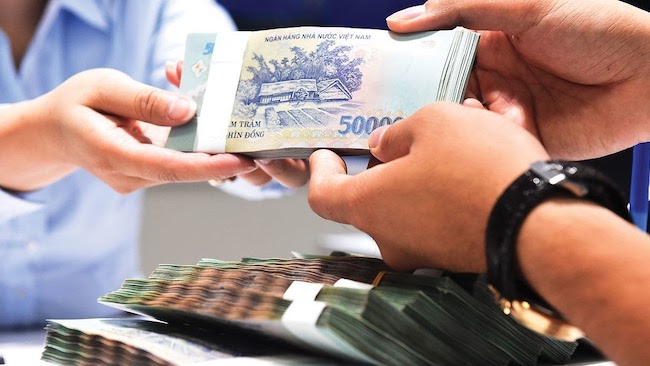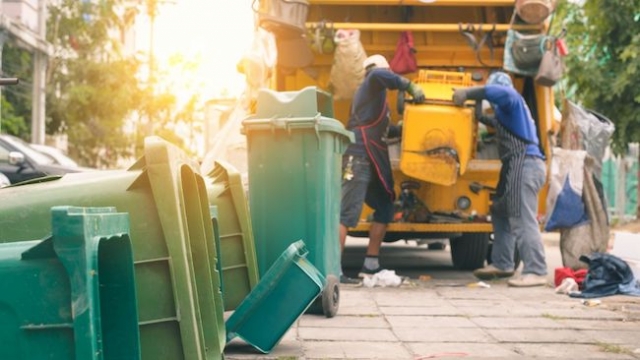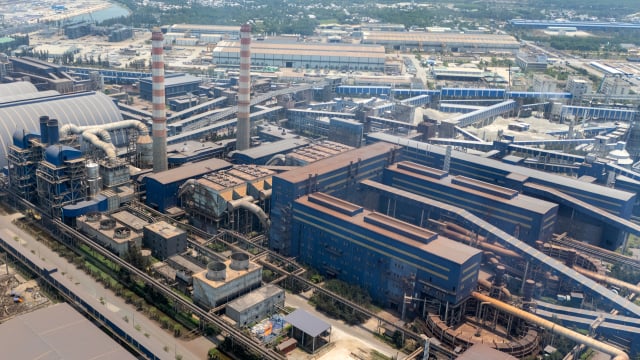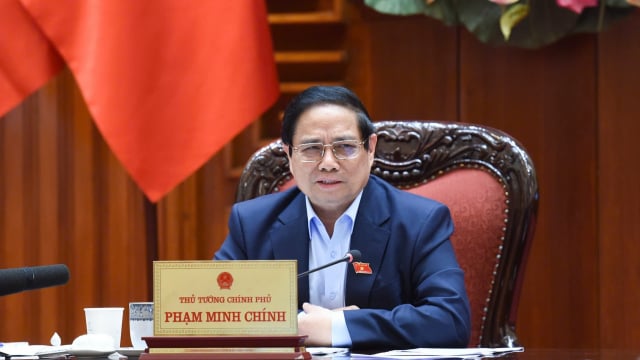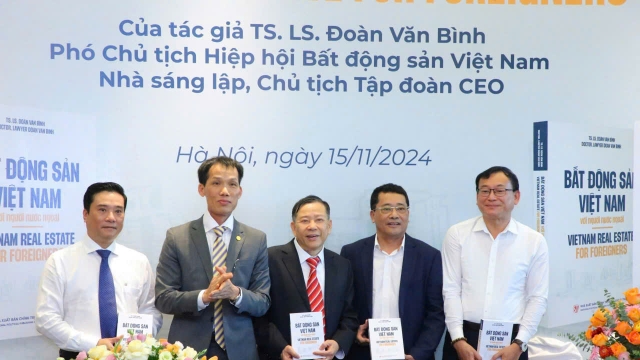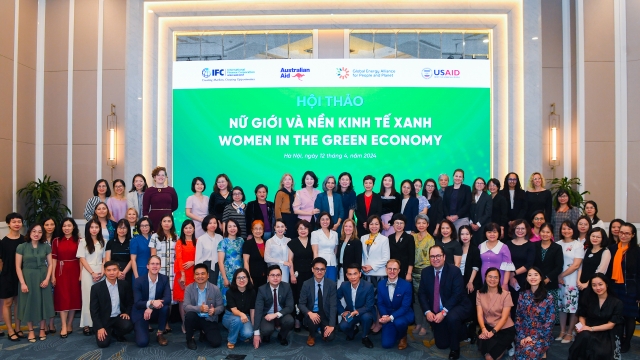National Focus
The role of enterprises in Vietnam’s net-zero emissions commitment by 2050
The business community will be a main driver in economic transformation towards more green and sustainable one.
Addressing the COP26, Prime Minister Pham Minh Chinh stated: “We will make use of our own domestic resources, along with the cooperation and support of the international community, especially from the developed countries, in terms of finance and technology, including through mechanisms under the Paris Agreement, in order to achieve net zero emissions by 2050.”
The ambitious target includes a lot of factors, as efficient use of energy, no greenhouse gas emissions in electricity production, or lower levels of emissions at construction, traffic and industrial activities, addressed by Pham Van Tan, Deputy director of the Department of climate change, Ministry of Natural resources and environment.
These goals are ambitious, especially for a developing country like Vietnam, requiring the participation and structural changes of all economic sectors, from policy makers to businesses.
Tan stated that it is impossible mission to cut all sources of greenhouse gas emissions, so Vietnam must have and develop carbon capture and storage to offset direct emissions.
The forest is one of the most effective ways, of which restoration and protection is also committed by Vietnam at COP26.
Solid waste management is also an important area contributing to carbon neutrality. The revised Law on Environment in 2020, an important legal basis for mobilising the whole society to respond to climate change, is expected to manage waste more effectively through building circular economy model.
In addition, agriculture and transportation also play important parts, and need more major changes to achieve Vietnam’s goal of carbon neutrality.
Tan emphasized that the business community will be a main driver in economic transformation towards more green and sustainable one.
He suggested that enterprises can contribute to the Vietnam’s ambitious goal through technology transformation to gradually reduce fossil fuels in production, and improve energy efficiency.
They also can build an input database system to monitor greenhouse gas emissions, to get more information and then effectively reduce emissions.
Tan noted that Vietnam need to apply “carbon footprint assessment”, which measures the total set of greenhouses gases that are emitted at different stages of a product's life cycle. The requirement is also appeared in high standard FTA as EVFTA, or CPTPP.
In fact, private enterprises of Vietnam has implemented many activities for a long time, contributing to the country’s shifts to a low-carbon economy.
For example, founded in 2019, nine leading FDI and Vietnamese companies having high prestige from consumer goods, packaging, retail, and import industries, jointly established Packaging Recycling Organization Vietnam (PRO Vietnam).
It aims at making Vietnam green, clean, and beautiful by promoting a circular economic model through more accessible and sustainable packaging collection and recycling process.
Saigon Co.op, a member of PRO Vietnam, has stopped using plastic straws since April 2019 at more than 600 stores nationwide, and replaced food packaging plastic bags with fresh banana leaves.
These actions mark Saigon Co.op as the first retail chain in Vietnam not selling plastic straws, opening a new campaign to protect the environment through consumer behavior on modern retail channels.
Nestlé in Vietnam, including Nestlé Vietnam and La Vie company – other members of PRO Vietnam, recently announced its commitment to plastic neutrality by 2025.
Five barriers in boosting the circular economy
Resolution 68: A turning point in Vietnam's private sector policy
As Vietnam sets its sights on becoming a high-income country by 2045, Resolution 68 lays a crucial foundation. But turning vision into reality requires not only good policy - but also unwavering execution, mutual trust and national unity.
Vietnam plans upgrade of Gia Binh airport to dual-use international hub
Vietnam plans to upgrade Gia Binh Airport in Bac Ninh province into a dual-use international airport to support both military and civilian operations, the government said on Friday.
Lives under the scorching sun: Outdoor workers racing against climate change
Under unforgiving conditions, the outdoor workers - the backbone of urban economies - endure the harshest impacts of climate change while remaining overlooked by social safety nets. Their resilience and struggles highlight the urgent need for better protection in the face of rising temperatures and precarious livelihoods.
CEO Group chairman unveils guide to Vietnam real estate for foreigners
Doan Van Binh, Chairman of CEO Group and Vice President of the Vietnam National Real Estate Association, introduced his latest book, “Vietnam Real Estate for Foreigners,” at a launch event in Hanoi on Friday.
Women leading the charge in Vietnam's green transition
Acting for increased women’s participation and leadership in climate action, Vietnam can accelerate a transition that is more inclusive, just, and impactful.
Steam for girls: A journey of passionate and creative girls
The "Steam for girls 2024" competition provides a creative platform for Steam and an opportunity for students to connect with peers from various regions within Vietnam and internationally.















